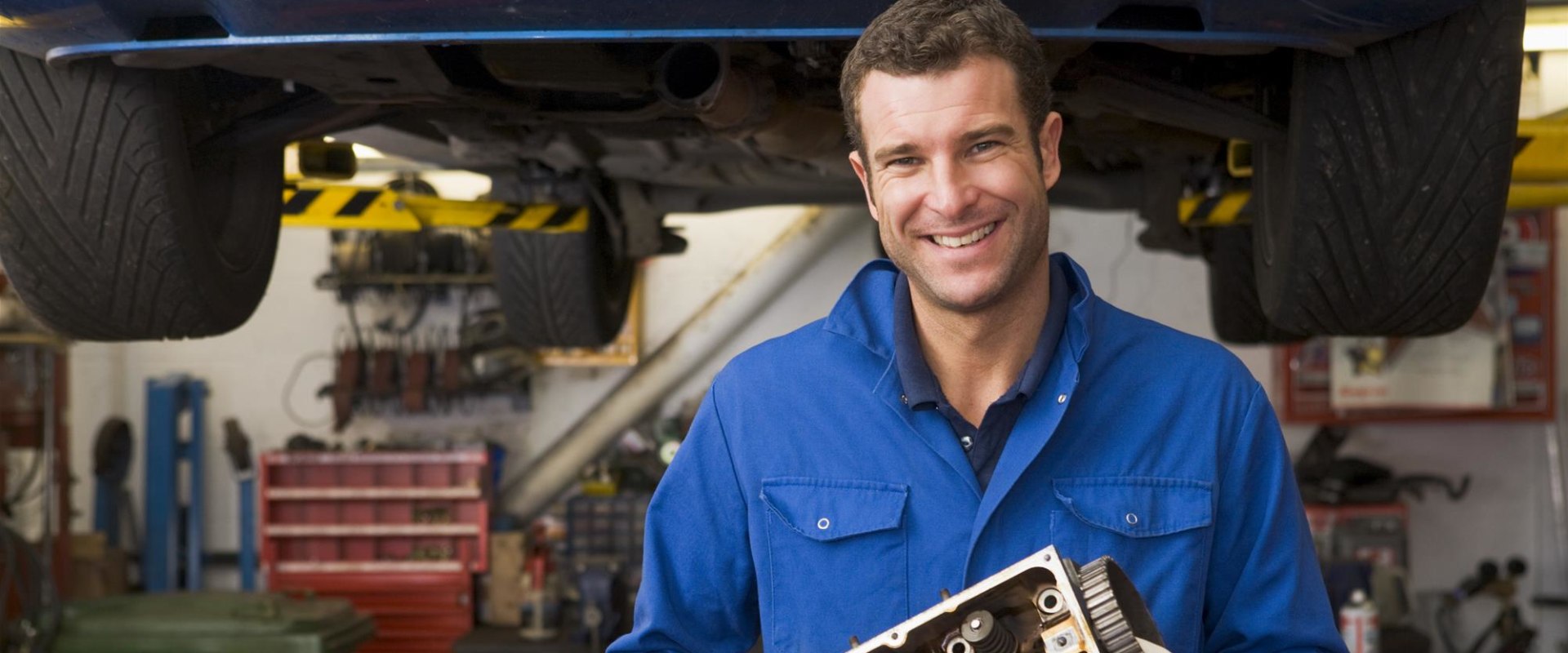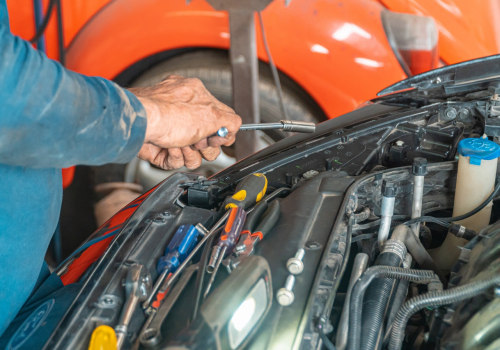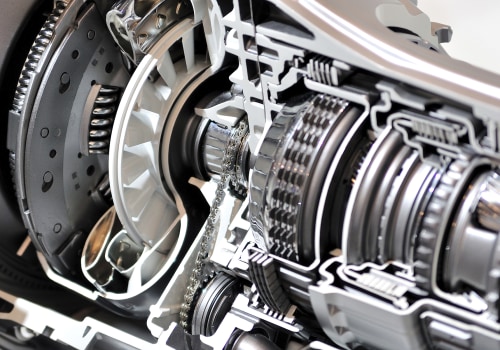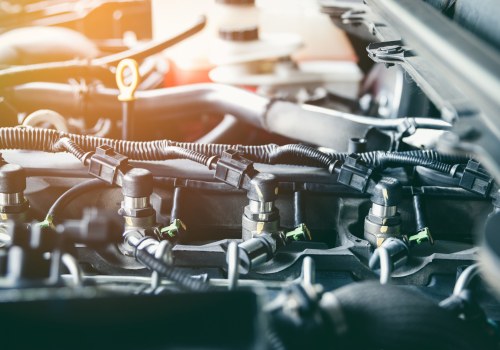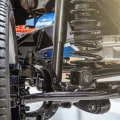When it comes to automotive maintenance and repair, safety should always be the top priority. To ensure the safety of auto repair shop workers, the Department of Labor and the Occupational Safety and Health Administration (OSHA) have established labor standards. Repair shop owners and their staff must ensure that appropriate safety precautions and regulations are implemented and respected at all times. It is important to wear the right safety equipment when working in a car workshop. This includes gloves to prevent burns, safety glasses to protect your eyes from chemicals, welding or polishing, and work overalls or a protective uniform to protect your body from extreme temperatures and hazardous chemicals.
Spills of oil, transmission fluid or radiators and other liquids are quite common in auto repair shops, so it is important to have the right tools and materials on hand to clean them up quickly. Car ramps or supports are designed to support the vehicle and keep it stable while repairs are being performed. It is also important to plan ahead and coordinate your tools and safety equipment with the vehicle DIY task you're about to perform. Not all repair and maintenance work on your vehicle works as shown in the images in the manual. Eating meals in the workshop should be avoided as auto repair shop staff can be exposed to hazardous chemicals used to repair 26% of vehicles. General safety regulations and processes encourage repair shop owners to take appropriate automotive safety precautions.
Some UTI graduates get jobs within their field of study in positions other than diesel truck technician, such as maintenance technician, locomotive technician and marine diesel technician. Having established standards can help reduce the risk of accidents or injuries in an auto repair shop. It is important for repair shop owners and their staff to ensure that appropriate safety precautions and regulations are implemented and enforced at all times. Basic tools, materials, and equipment that should be kept handy include safety goggles, car work gloves, latex rubber gloves, disposable dust masks, a paint respirator, vehicle ramps, and cat holders.
